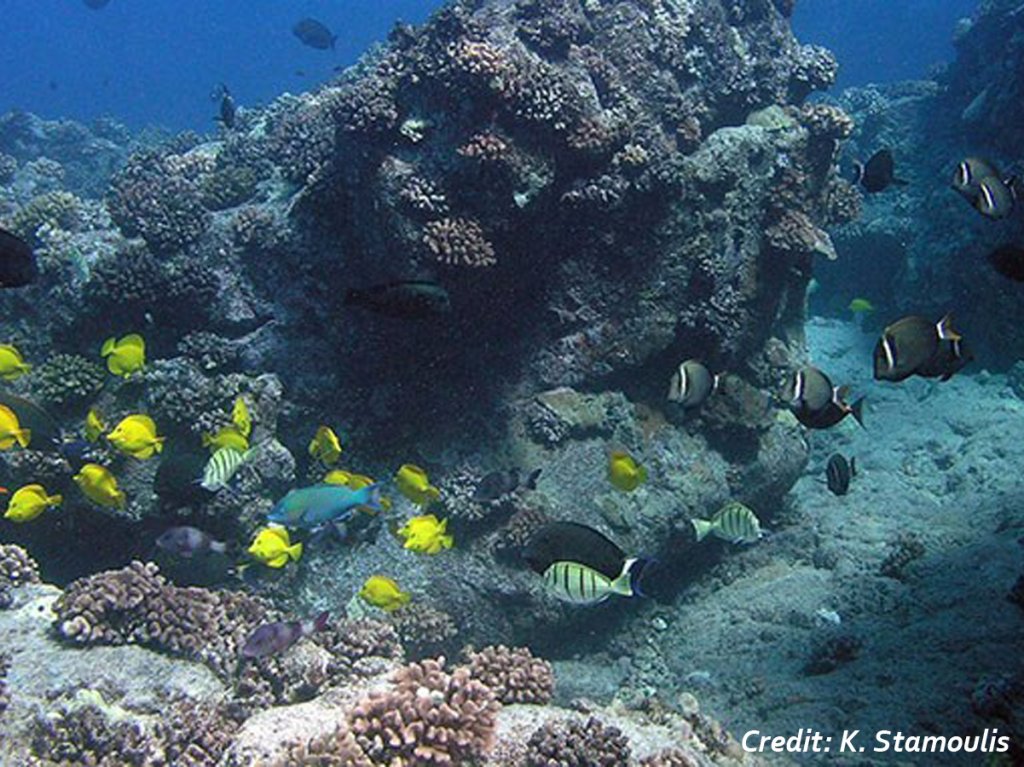Defining ecosystem-based management boundaries using genetics and fisheries data
PRINCIPAL INVESTIGATOR: Robert Toonen
Graduate Trainee: Johanna Wren

In this study, we compile and assess existing population data for marine species throughout the Hawaiian archipelago and test whether these data reveal distinct populations among sites within the Main Hawaiian Islands. By comparing fisheries catch and effort data, and population estimates from surveys we determined trends over time for a variety of locations and tested whether they show the same trends among locations. Such spatial synchrony is an indication that the resource is the same population across space. We further tested whether these distinct populations detected using ecological data coincide with connectivity patterns detected on the basis of population genetic breaks reported previously. The main objective of this study is to test whether ecological (i.e. demographic) independence, coincides with evolutionary (i.e. genetic) independence, in which case there should be similar concordant breaks in both demographic population and genetic data. We find more population synchrony within than between the regions separated by concordant genetic breaks reported previously, but also show a similar pattern of greater within than between synchrony for each island below the scale of the genetic breaks. These results support that management could be more effective for reef-associated fishes at an island than archipelagic scale.

